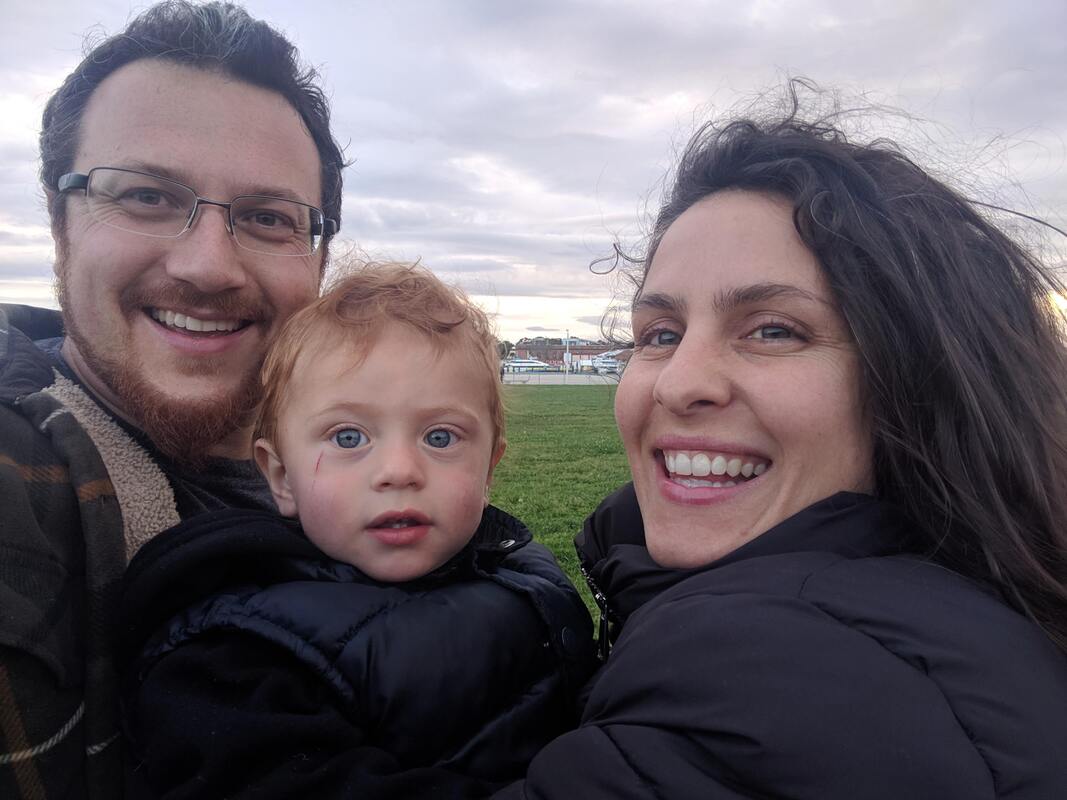 Attention Restoration Theory (ART) asserts that people can concentrate better after spending time in nature, or even looking at scenes of nature. Time in nature seems to help restore our prefrontal cortex, the thick outer layer of our brain that is in charge of planning, decision making, and moderating social behavior, which can become depleted with overuse. Studies have found that ART can enhance cognitive function. One study in particular found that found that after four days of immersion in nature, and the consequent disconnection from technology, subjects experienced increased performance on creativity and problem-solving tasks. Of course, not all of us have the time to immerse ourselves in nature for four entire days. Luckily, just twenty minutes in a park setting is sufficient to elevate attention performance relative to the same amount of time in other settings. The variety of research on ART indicate that our environments can enhance attention and that “doses of nature” might even serve as a safe, inexpensive, and accessible tool for those managing ADHD symptoms. Many researchers believe that humans are dependent on nature not only for material needs (food, water, shelter, etc.) but perhaps more importantly for psychological, emotional, and spiritual needs. Natural places such as parks offer an opportunity to become revitalized and refreshed while urban areas often mean dealing with environmental demands such as crowds, noise, and pollution. It has been demonstrated that these factors can cause mental fatigue and exhaustion. I had the good fortune to get a little dose of ART on my birthday weekend, hiking 12 miles in the Philip Burton Wilderness on the Point Reyes Peninsula with my girlfriend Sara. We in the Bay Area are beyond fortunate to have such lush coastal trails and wildflower-filled meadows within a few hours drive. We enjoyed snacking on sweet wild strawberries, smelling the soapy Ceanothus and evading the poison oak and stinging nettle. With regard to ART, there is something to be said about multi-day treks in the wilderness, where your to-do's and distracting electronic devices are left at home. A two night, three day backpacking trip to the Trinity Alps is brewing here. 'Till then, let's keep incorporating daily doses of scenic beauty. Not only will be receive cognitive advantages, but we'll also get a dose of Vitamin D, exercise, fresh air and happiness.
1 Comment
 My inspiring partner introduced me to Neuro-Linguistic Programming (NLP) a few years back. I have since been exposed to its tenets through motivational speakers and authors I follow like Eban Pagan, Wyatt Woodsmall and Anthony Robins. NLP describes the fundamental dynamics between mind (neuro) and language (linguistic) and how their interplay affects our body and behavior (programming). The myriad of NLP techniques are based on four operational principals: 1. Know your outcome (write it down; be specific; state it in the positive) 2. Have the sensory acuity to see whether you’re getting your outcome (how is going to look/smell/sound /feel when you achieve your outcome?) 3. Harness the behavioral flexibility to achieve your outcome (you can’t change and stay the same!) 4. Take action now Rather than focusing on what we want, it’s all too common to focus on what we don’t want. But it’s hard to not do something. Nothing is wrong with not doing something, but it doesn’t’ give us direction. NLP advises us to reach for the carrot, rather than avoid the stick. As Stephen Covey explains, begin with the end in mind. Beginning with the end in mind reminds us to live a life with purpose, to live purposefully. The clearer we can be about what we want, the more specific we are about our goal, the more achievable it becomes. Otherwise, we’ll be setting sail for a trip that Anthony Robins calls the Niagara Syndrome: "Life is like a river for many people, they just jump in the river of life without ever deciding where they want to end up. They set off on a journey without even a little spadework. In a short period of time, they find themselves caught up in the current: current events, current fears, current challenges...When they come to forks in the river, they don’t consciously decide where they want to go or which is the right direction for them. They merely ‘go with the flow’. They become a part of the mass of the people who are directed by the environment instead of by their own values and goals. As a result, they feel out of control. They remain in this unconscious state until one day the sounds of raging water awakens them and they discover that they are five feet from Niagara Falls in a boat with no oars. At this point, they say, “Oh Shit”. But by then, it is too late. " Before setting sail towards a new goal, get specific: What specifically do you want? How will you know when you have it? What resources do you have now, and what resources will you need to get your outcome?  Inspired by a high school mentor, I have been writing in a journal since I was fifteen. Back then, it was a way for me to unleash the thoughts and emotions that I traditionally held inside until they would explode onto an unexpecting victim. Writing things on paper has been a therapeutic way to relieve my mind from unproductive rumination and has continued to evolve. It serves as a means to help discover and track patterns in my thinking, provides an opportunity for positive self-talk and for identifying negative thoughts and behaviors. Journaling also helps me prioritize tasks and set goals and outcomes. Journaling has the power rewire our brain for positivity. In Shawn Achor’s book The Happiness Advantage he recommends keeping a gratitude journal: Concentrate on meaningful experiences and write down as many positive details as you can remember. Research has proven that keeping a journal for six weeks can create new positive neural tracts, decrease stress and even reduce the need for medication. Gratitude journals help retrain our brains to scan for the positive, not the negative. Research also shows that journaling can strengthen our immune system and psychological health. As a fairly new instructor at Kaiser Permanente teaching their 10 week Healthy Weight class, I have recently discovered an additional benefit to journaling: keeping a food journal can double a person's weight loss. Researchers have found that it's the process of reflecting on what we eat that helps us become aware of our habits, and hopefully change our behavior. Food journals increase our awareness of what, how much, and why we are eating. They can also reveal triggers to avoid, such as not eating enough throughout the day then overeating at night or eating due to emotions rather than physical hunger. If you are seeking a way to uplift your mood, set goals or to facilitate weight loss, journaling is a powerful tool that is accessible anywhere, anytime. Forget spelling and punctuation and look at your writing time as personal relaxation time, a time when you de-stress and wind down. Whether on paper on on your computer, write in a place that's relaxing and soothing—maybe with a lit candle and a cup of tea. Look forward to journaling, and know that you are doing something good for your mind and body. |
AuthorHello and welcome! My name is Andrea Notch Mayzeles. I am a Certified Health Education Specialist, Mom, and Master of Public Health dedicated to the path of well-being. As a wellness professional I am committed to continued learning and am here to share research, recipes and musings on health, psychology, personal development, and parenting. I hope you enjoy! Categories
All
|

 RSS Feed
RSS Feed